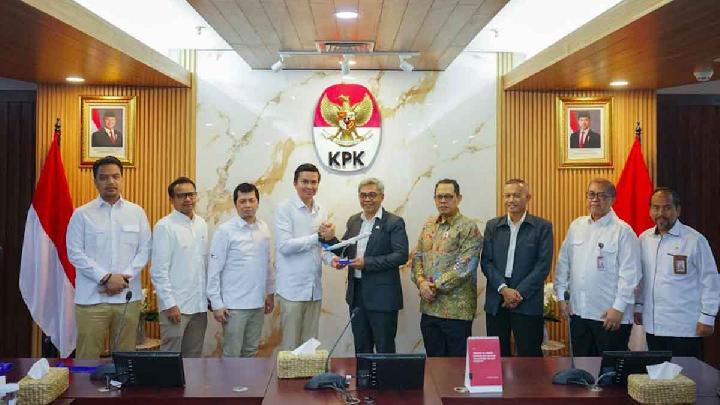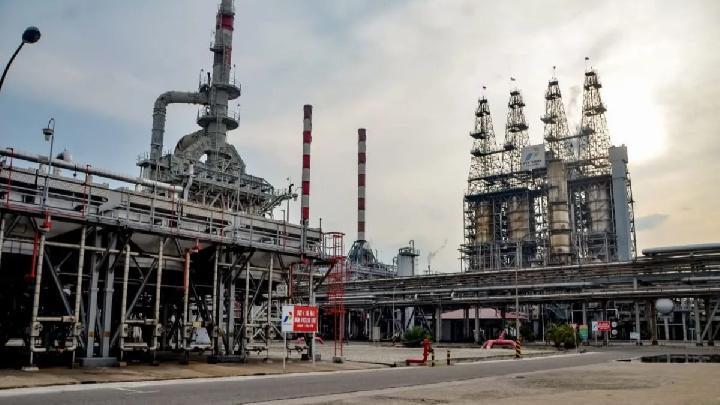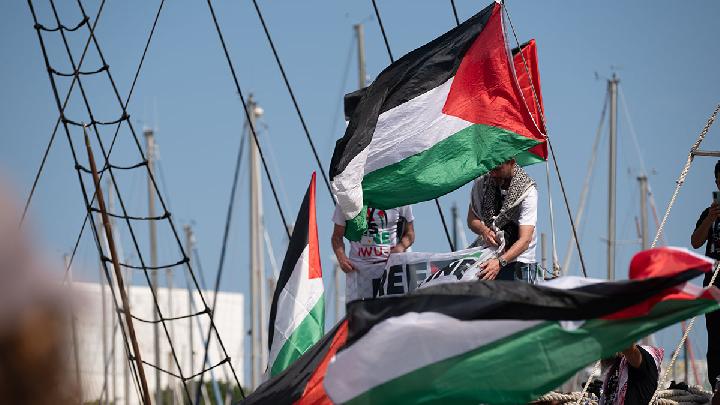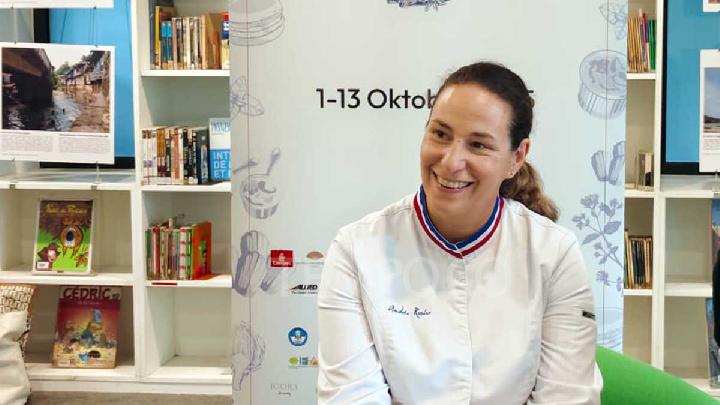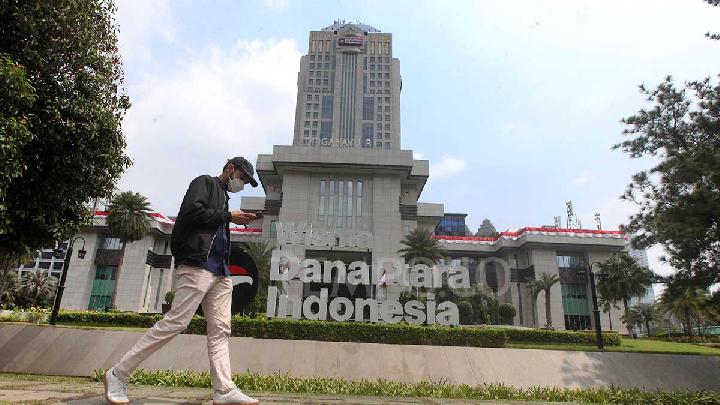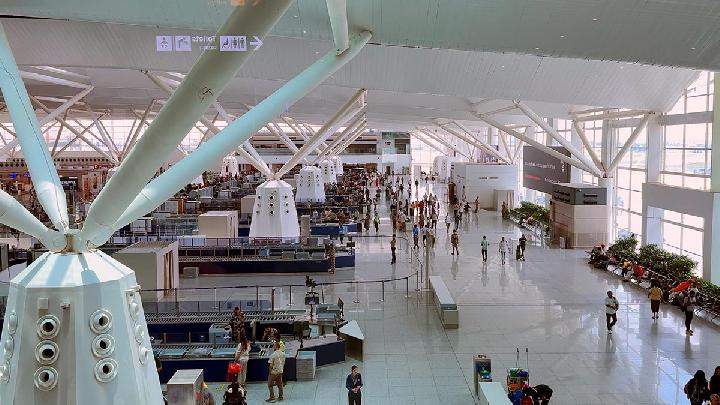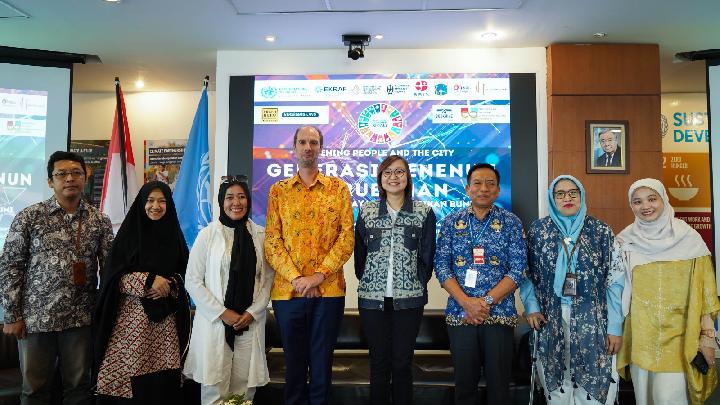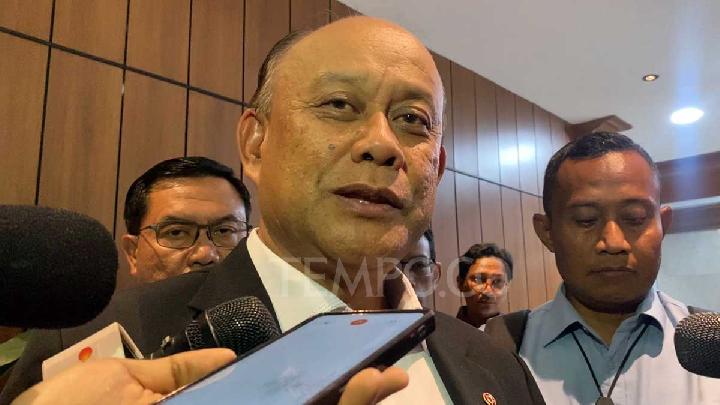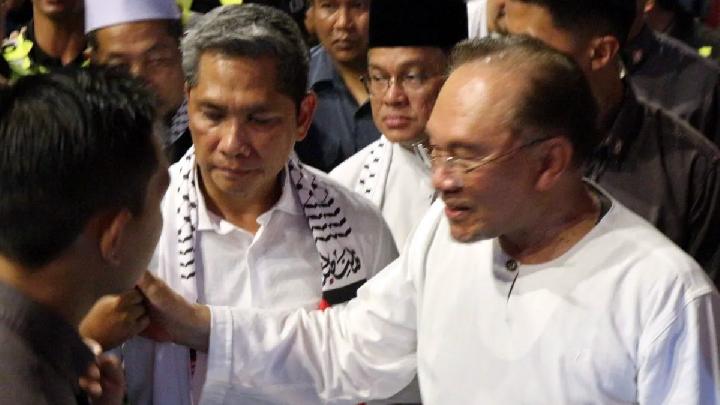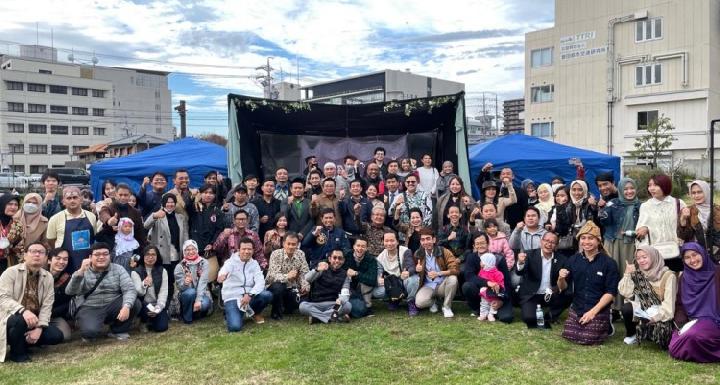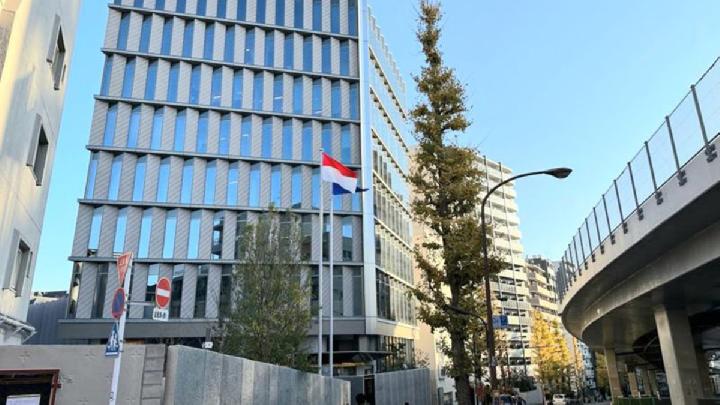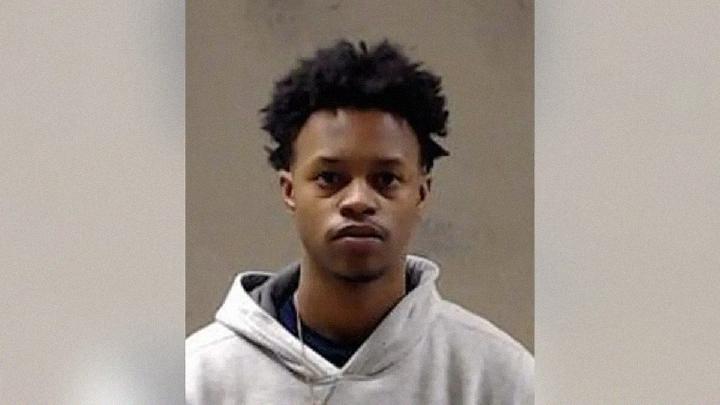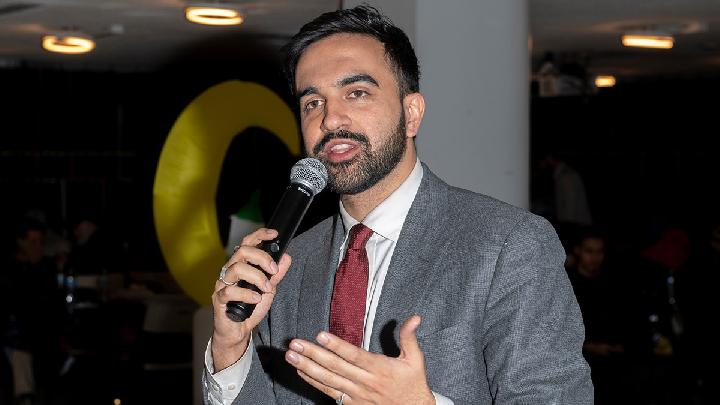TEMPO.CO, Jakarta - The Paris court on Thursday sentenced former President of France Nicolas Sarkozy to five years in prison after convicting him of criminal conspiracy in an alleged scheme to finance his 2007 campaign with funds from Libyan leader Muammar Gaddafi.
As reported by Al Jazeera, this is the first time a former French president has received a prison sentence.
In a surprising decision, the court ruled that Sarkozy would go to jail even if he appeals. However, the judge stated that the verdict would be announced at a later date, sparing the 70-year-old man from the humiliation of being led out of the courtroom in handcuffs.
The court found Sarkozy guilty of participating in a criminal conspiracy from 2005 to 2007 to finance his campaign with Libyan funds, in exchange for diplomatic assistance. The court acquitted him of three other charges, including passive corruption, illegal campaign financing, and concealing embezzlement of public funds.
Sarkozy denounced the ruling and said he would appeal.
"This injustice is a scandal," he said as reported by CBC News.
"I ask the French people — whether they voted for me or not, whether they support me or not — to grasp what has just happened. Hatred truly knows no bounds," the former president said, adding that if he does eventually go to jail, he will do so, "with his head held high."
The court also found two of Sarkozy's closest allies during his presidency, former government minister Claude Gueant and Brice Hortefeux, guilty of criminal involvement, and also acquitted them of several other charges.
Overall, the ruling indicates that the court is convinced that the two men conspired to seek funds from Libya for Sarkozy's 2007 campaign.
However, the judges were not convinced that the conservative leader himself was directly involved in the funding effort, or that the Libyan money was ultimately used for his campaign victory.
In a lengthy reading of the verdict over several hours, the presiding judge said Sarkozy had allowed his close associates to contact Libyan authorities, "to obtain or try to obtain financial support in Libya for the purpose of securing campaign financing."
The court stated that it could not determine whether any Libyan funds were ultimately used to finance Sarkozy's campaign.
Sarkozy stood as the judge read the verdict. He was accompanied by his wife, the singer and model Carla Bruni-Sarkozy, in the courtroom, which was also filled with journalists and members of the general public. Sarkozy sat in the front row of the defendant section, and his three adult sons were also in the room.
Sarkozy, who was elected in 2007 but lost in the re-election in 2012, denied all charges during the three-month trial earlier this year, which involved 11 other defendants, including three former ministers.
Despite numerous legal scandals that have overshadowed his presidency's legacy, Sarkozy remains a significant figure in French right-wing politics and the entertainment world, thanks to his marriage to Bruni-Sarkozy.
Roots of the Scandal
Allegations against him originated in 2011 when a Libyan news office and the late dictator Muammar Gaddafi claimed that Libya had secretly channelled millions of euros to Sarkozy's 2007 election campaign.
In 2012, the French investigative media outlet Mediapart published what it called an intelligence memo from Libya referring to a funding agreement worth 50 million euros. Sarkozy condemned the document as a forgery and sued for defamation. The court stated on Thursday that "now appears most likely that this document is a forgery."
Investigators also examined a series of trips to Libya by individuals associated with Sarkozy while he served as France's interior minister from 2005 to 2007. This included his chief of staff.
In 2016, French-Lebanese businessman Ziad Takieddine told Mediapart that he had delivered suitcases filled with cash from Tripoli to the French Ministry of the Interior under the Sarkozy administration. He then retracted his statement. The reversal of the statement is now the focus of a separate investigation into possible witness tampering.
Both Sarkozy and his wife have been indicted early on for their involvement in alleged attempts to silence Takieddine. The case has not yet been tried.
Takieddine, who was one of the defendants in Sarkozy's case, passed away on Tuesday in Beirut at the age of 75. He fled to Lebanon in 2020 and did not attend the trial.
Prosecutors accuse Sarkozy of knowingly benefiting from what they describe as a "corruption deal" with the Gaddafi government.
The long-ruling Libyan dictator was ousted and killed in a 2011 uprising, ending his four-decade rule of the North African country.
The trial highlighted backdoor negotiations between France and Libya in the 2000s when Gaddafi sought to restore diplomatic ties with the West. Previously, Libya had been considered a pariah state.
Sarkozy dismissed the allegations as politically motivated and based on forged evidence. During the trial, he denounced a "plot" that he said was orchestrated by "liars and crooks," including the "Gaddafi clan."
He stated that allegations of illegal campaign financing were retaliation for his call as the French president to topple Gaddafi. Sarkozy was one of the first Western leaders to push for military intervention in Libya in 2011 when pro-democracy protests swept the Arab world.
"What credibility can be given to such statements marked by the seal of vengeance?" Sarkozy questioned in his comments during the trial.
In June, Sarkozy's Legion of Honor medal was revoked after he was found guilty in a separate case. This is France's highest civil award.
Previously, he was convicted of corruption and misuse of influence for trying to bribe a judge in 2014 in exchange for information on a legal case involving him.
Sarkozy was sentenced to wear an electronic monitoring bracelet for one year. He was granted parole in May due to his age, allowing him to remove the electronic tag after wearing it for over three months.
In another case, Sarkozy was convicted last year of illegal campaign financing allegations in his failed re-election bid in 2012. He was accused of exceeding the legal maximum by nearly double and was sentenced to one year in prison, with six months suspended.
Sarkozy denied the charges. He has appealed the ruling to France's highest appeals court, and the appeal is still pending.
Editor's Choice: France Paralyzed by Nationwide Protests and Strikes: Here Are the Triggers
Click here to get the latest news updates from Tempo on Google News

